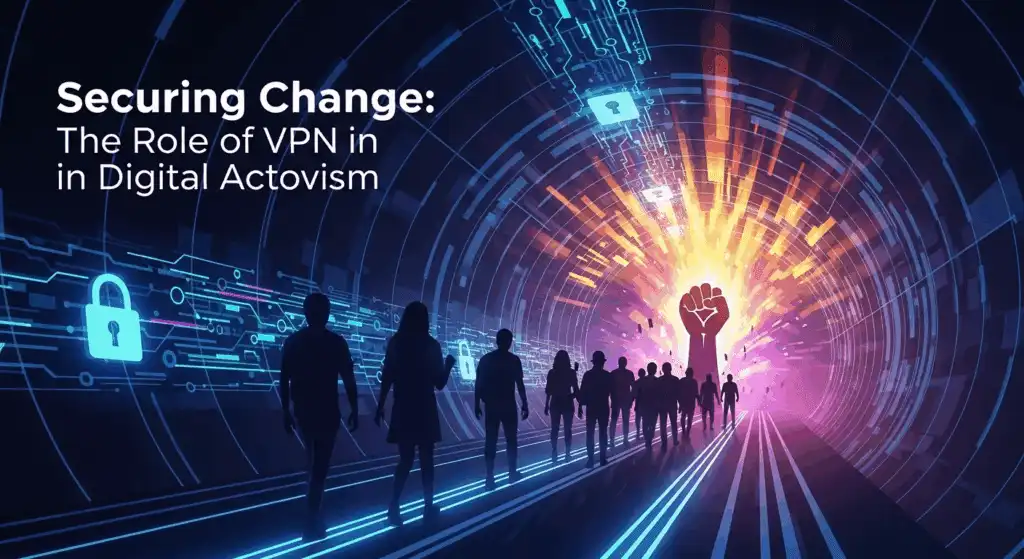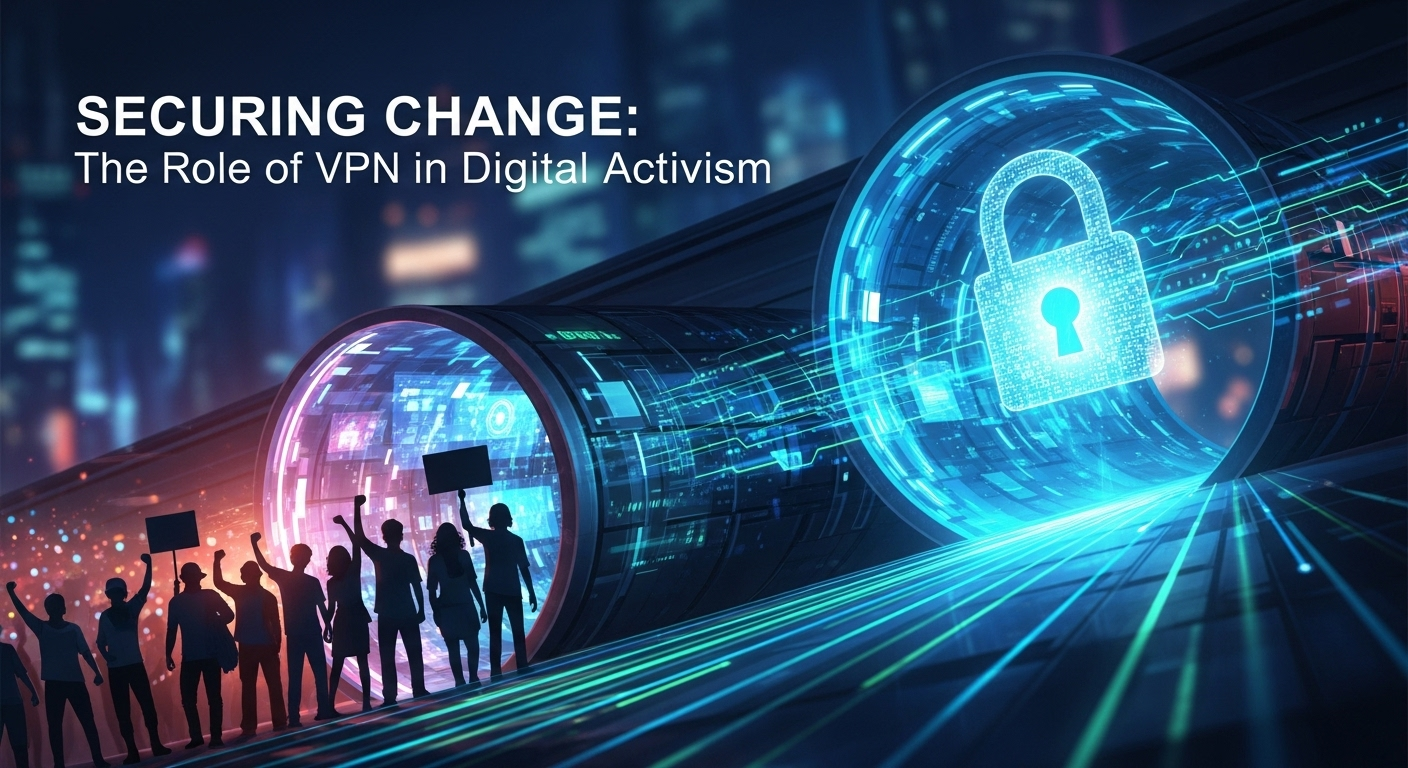Securing Change: The Role of VPN in Digital Activism

In an age where the click of a button can spark a global movement and a hashtag can topple a regime, the digital landscape has become the new frontier for civil discourse and protest. From organizing rallies to disseminating information that counters state-sponsored narratives, activists worldwide are leveraging the power of the internet to drive social and political change. However, this digital arena is fraught with perils, including pervasive government surveillance, censorship, and the risk of personal identification leading to persecution. In this high-stakes environment, understanding the role of vpn in digital activism is no longer a niche technical concern but a fundamental aspect of ensuring the safety, security, and effectiveness of modern-day changemakers. A Virtual Private Network (VPN) has evolved from a simple tool for accessing geo-blocked content into an essential shield for those who dare to speak truth to power.
Understanding the Landscape: Digital Activism and Its Inherent Risks
Digital activism, often termed "clicktivism" or "cyber-activism," encompasses the use of digital technology—such as social media, email, blogs, and podcasts—to facilitate social and political change. It can range from simple actions like signing an online petition or using a protest hashtag to more complex, coordinated efforts like crowdfunding for legal defense, organizing large-scale protests, or leaking sensitive information that exposes corruption. Movements like the Arab Spring, #BlackLivesMatter, and the pro-democracy protests in Hong Kong have demonstrated the immense power of digital tools to mobilize millions and capture global attention, bypassing traditional media gatekeepers.
The very nature of this activism, however, makes its participants vulnerable. Governments with authoritarian tendencies have developed sophisticated surveillance apparatuses to monitor online activities. They track dissenting voices, identify organizers, and suppress communication to quell unrest. An activist's digital footprint, including their IP address (a unique identifier for their internet connection), social media posts, and private messages, can be used to build a case against them. The consequences can be severe, ranging from doxxing (the malicious publication of private information) and online harassment to arrest, imprisonment, and physical harm.

Therefore, the battlefield for modern activism is as much about information control and digital security as it is about public demonstration. The ability to communicate and organize without being monitored is paramount. Every tweet sent, every location shared, and every website visited can be logged and analyzed by internet service providers (ISPs) and government agencies. This constant threat of surveillance creates a chilling effect, potentially discouraging individuals from participating in activism for fear of retribution. It is this critical need for privacy and security that sets the stage for the vital intervention of technologies like VPNs.
The Activist's Shield: What a VPN Is and How It Functions
At its core, a Virtual Private Network (VPN) is a service that creates a secure, encrypted connection over a public network like the internet. Think of it as creating a private, encrypted tunnel for your data to travel through. When you connect to the internet through a VPN, your device first connects to a remote server operated by the VPN provider. All your internet traffic is then routed through this server before it reaches its final destination. This simple-sounding process provides two fundamental layers of protection that are indispensable for activists.
The first and most crucial function is IP address masking. Your real IP address, which can be traced back to your physical location and internet service provider, is hidden and replaced with the IP address of the VPN server you are connected to. If you are an activist in a restrictive country but connect to a VPN server in Switzerland, any website you visit or online service you use will
